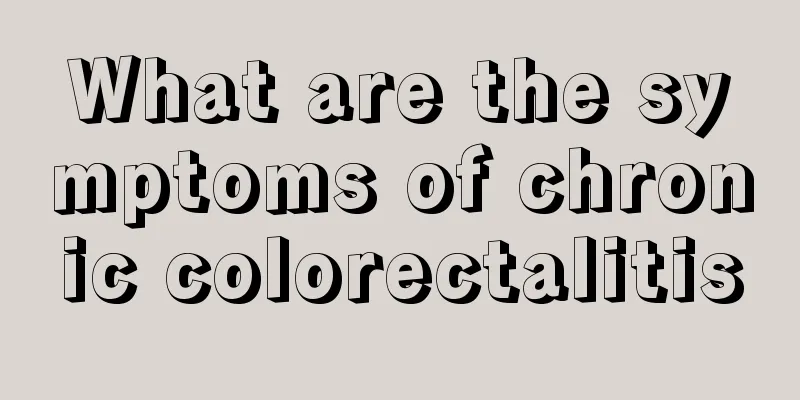Is it easy to get colon cancer after gallbladder removal?

|
Cholecystectomy will not directly lead to colon cancer, but it may increase the risk of intestinal health. You need to pay attention to your diet and regular screening. Bile continues to enter the intestine after cholecystectomy, which may change the intestinal environment and increase the risk of colon cancer. It is recommended to maintain a low-fat diet after surgery, increase dietary fiber intake, and undergo regular colonoscopy. 1. After cholecystectomy, bile continues to enter the intestine, which may irritate the intestinal mucosa and increase the risk of inflammation. Long-term inflammation may develop into colon cancer. After surgery, high-fat diets should be avoided to reduce the stimulation of bile secretion on the intestine. 2. Changes in bile composition may affect the balance of intestinal flora and increase the reproduction of harmful bacteria. Imbalance of intestinal flora is related to the occurrence of colon cancer. It is recommended to increase the intake of probiotics, such as yogurt and fermented foods, to maintain the health of intestinal flora. 3. Changes in bile acid metabolism after cholecystectomy may increase the production of secondary bile acids. Secondary bile acids are carcinogenic and may promote the occurrence of colon cancer. After surgery, dietary fiber intake should be increased, such as whole grains and vegetables, to help excrete bile acids. 4. Digestive function is weakened after cholecystectomy, which may affect the absorption of fat-soluble vitamins. Vitamin D deficiency is associated with an increased risk of colon cancer. It is recommended to supplement vitamin D appropriately, such as cod liver oil and egg yolk, to maintain vitamin D levels. 5. After cholecystectomy, intestinal motility slows down, which may increase the risk of constipation. Constipation is related to the occurrence of colon cancer. It is recommended to increase exercise, such as walking and yoga, to promote intestinal motility and prevent constipation. After cholecystectomy, we should pay attention to intestinal health and reduce the risk of colon cancer through dietary adjustment, regular screening and lifestyle changes. Regular colonoscopy after surgery to detect and treat intestinal lesions early is the key to preventing colon cancer. |
<<: Can you walk more if you have brain cancer?
>>: Is Chinese medicine effective in treating renal hamartoma?
Recommend
What are the surgical methods for throat cancer
There are three main surgical methods for larynge...
Is pancreatic cancer hereditary?
As we all know, pancreatic cancer is the "ki...
The efficacy and function of sea buckthorn seed oil
Sea buckthorn seed oil has always been known for ...
What diseases does the health certificate mainly check for
People working in some special industries, such a...
How to remove fruit stains from white clothes?
People often wear white clothes. For example, man...
Is female bladder cancer hereditary?
Is female bladder cancer hereditary? Many people ...
What underwear should teenage girls wear
Breast development is crucial for women. When gir...
How is nasopharyngeal cancer caused?
Nasopharyngeal carcinoma is a common tumor in my ...
What should you pay attention to when checking for cervical cancer? What are the methods to prevent cervical cancer?
There is only one word difference between cervici...
Experts answer the latest methods of treating breast cancer
Speaking of breast cancer, many female friends ma...
When recovering from lumbar disc herniation surgery, pay attention to these issues!
Nowadays, more and more people are undergoing sur...
What should I apply to protect my lips before applying lip gloss
Love of beauty is natural, so there are all kinds...
What to do if you have a disagreement with your leader
Employment is a very learned subject for everyone...
I feel a little uncomfortable in my stomach and a little nauseous. Be careful, this is a warning from the disease!
After the Spring Festival, due to sudden overeati...
Can diabetics eat jellyfish? 8 great tips for diabetic diet
Diabetic patients can eat jellyfish, but they mus...









